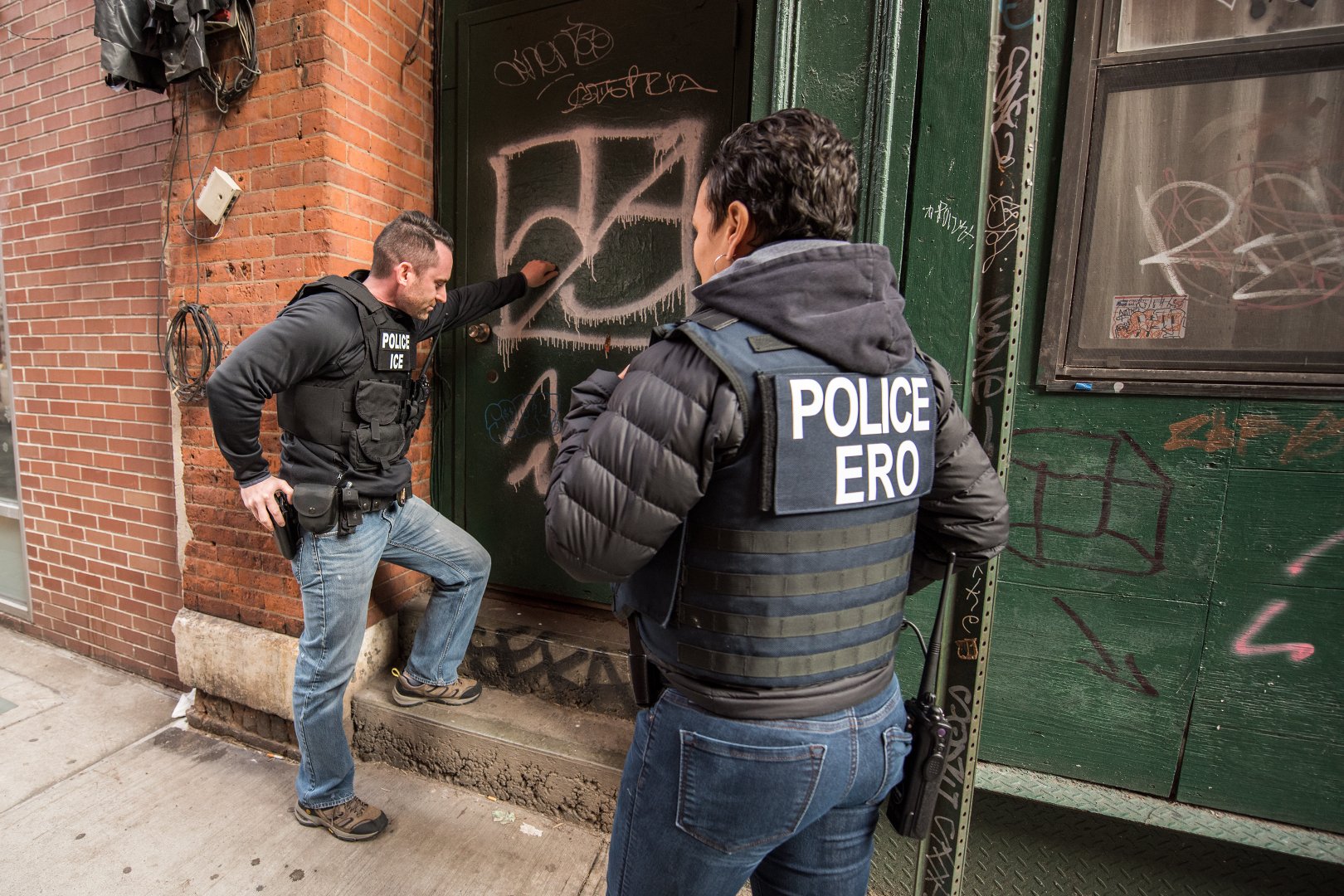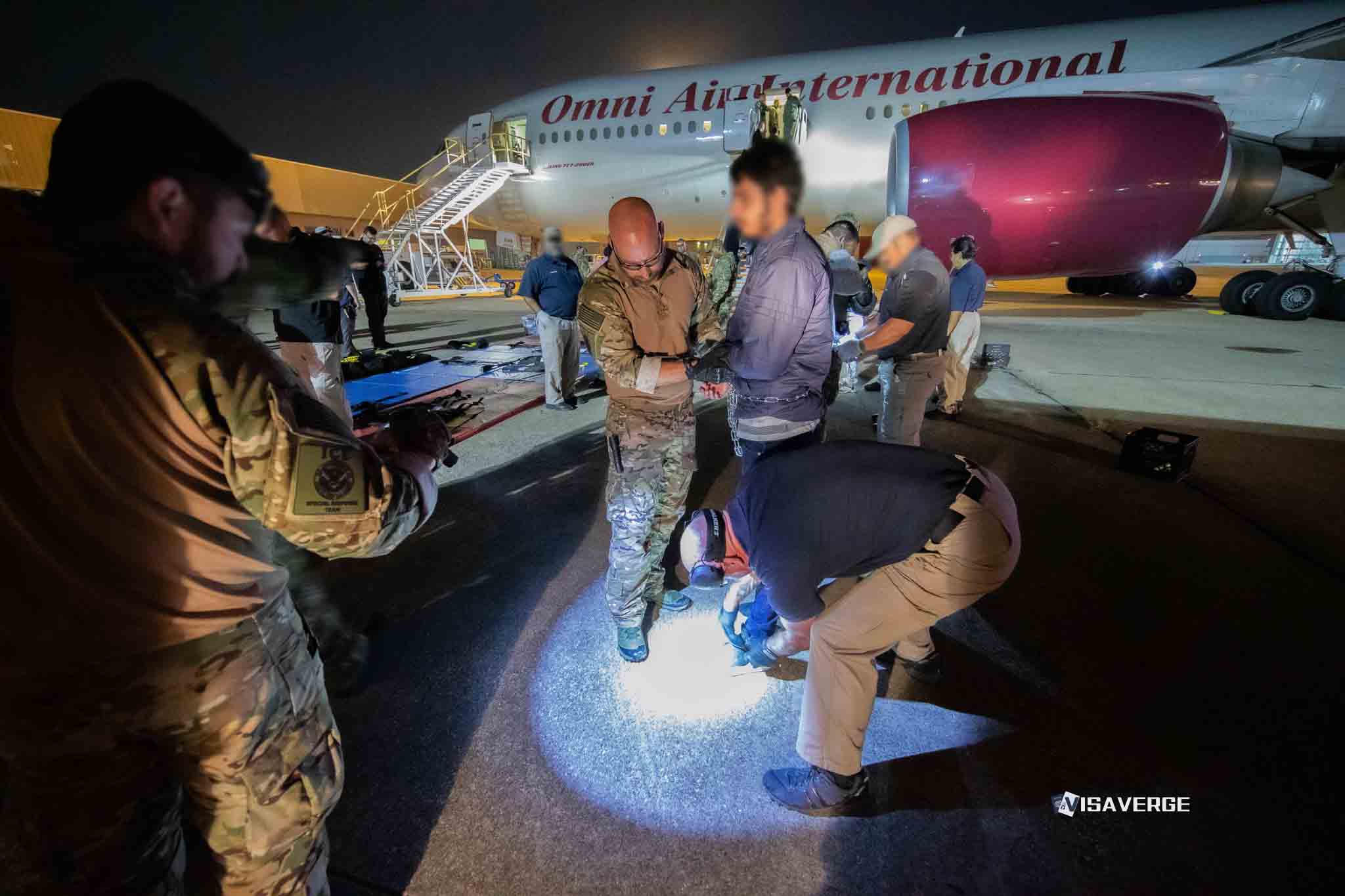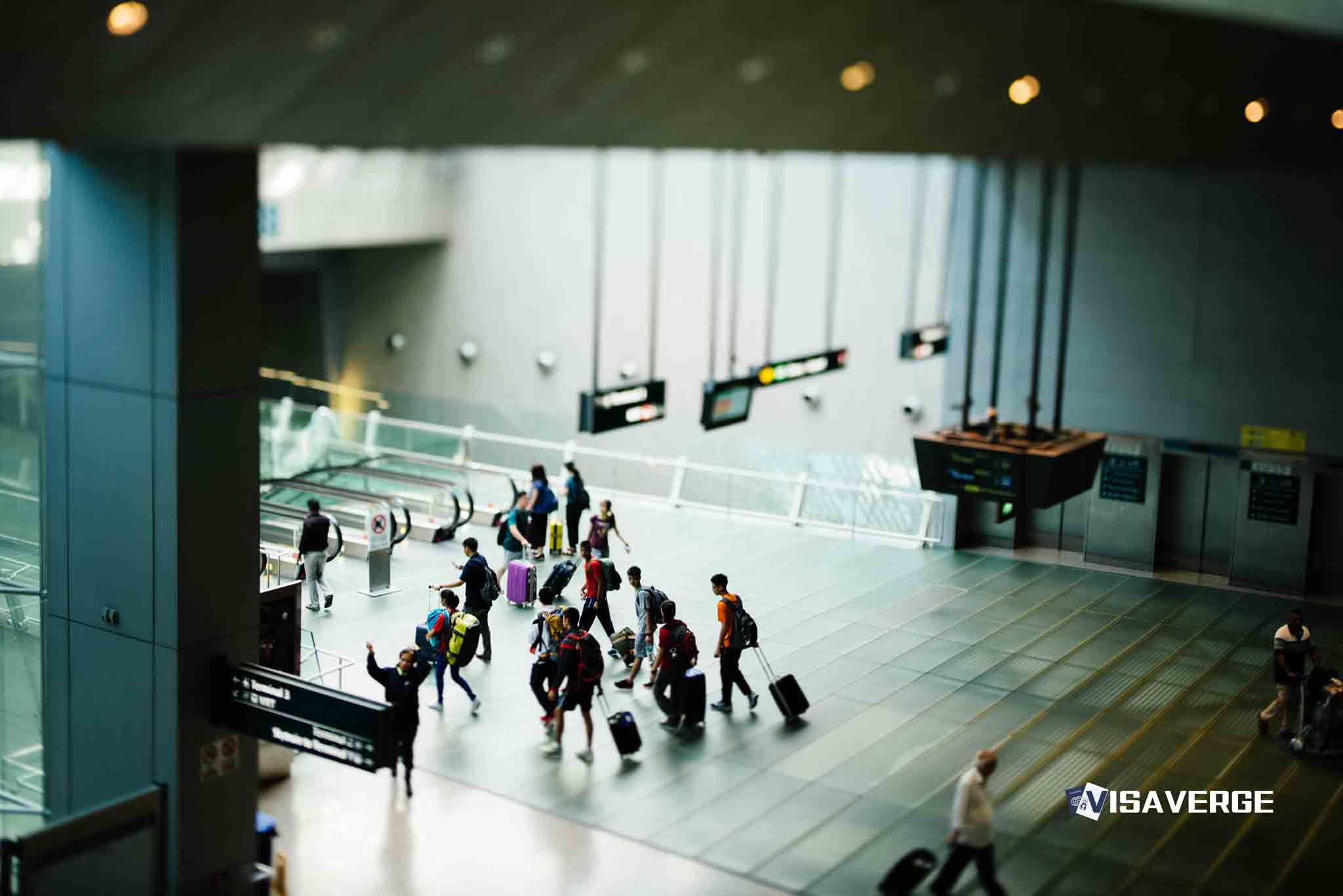Understanding the Legal Implications of Overstaying an F1 Visa
For international students in the United States, maintaining lawful status is crucial. The F1 Visa allows students to study in the U.S., but it has strict conditions. One of the most significant obligations is adhering to its expiration date. Not doing so could lead to serious visa overstay consequences.
Consequences of Overstaying Your F1 Visa
The moment an F1 Visa holder overstays, the validity of their visa is automatically voided. From that point, their presence in the U.S. becomes unlawful. Here are the immediate legal implications:
- Ineligibility for Visa Renewal:
After overstaying, you can’t renew or change your visa status from within the U.S. You must leave the country and apply for a new visa from your home country. - Bar from Re-Entry:
Overstaying can lead to a three-year or ten-year bar from re-entering the United States, depending on how long you stayed beyond your visa expiration. -
Impact on Future Visa Applications:
Overstaying is recorded, and this can adversely affect future visa or green card applications. Consular officers may view previous overstays as negative factors when deciding on new visa applications.
- Deportation:
In some cases, individuals who overstay can be deported and then barred from re-entry for a number of years or permanently.
It’s essential to understand the severity of these penalties and to plan accordingly to avoid overstaying your visa.
Legal Implications of Overstaying a Visa
Beyond the immediate consequences, let’s delve into further legal implications of overstaying an F1 Visa:
- Accrual of Unlawful Presence:
Once you overstay your F1 Visa, you begin to accrue “unlawful presence.” More than 180 days of unlawful presence can lead to a three-year bar, while over a year can lead to a ten-year bar from the United States. - Limited Legal Rights:
Those who overstay may find their legal rights within the U.S. are limited. Access to work, government services, and other benefits can be curtailed.
It’s fundamental for F1 Visa holders to track their status and understand their departure deadlines. Immigration laws are strict, and even an innocent mistake can have long-lasting implications.
Steps to Take to Avoid Overstaying Your F1 Visa
Prevention is always better than the cure. Here are actions you can take to avoid overstaying:
- Monitoring Your Status:
Keep a close eye on your visa expiration date, and be aware of any grace periods post-study. - Seeking Legal Advice:
If you are unsure about dates or your departure obligations, consult an immigration attorney or visit the official U.S. Citizenship and Immigration Services (USCIS) website for guidance. -
Apply for an Extension:
If you need more time in the U.S. for academic reasons, you can apply for an F1 Visa extension before your current visa expires.
Conclusion
The legal implications of overstaying an F1 Visa are serious and can have a ripple effect on your future international travel and immigration opportunities. Understanding these implications is crucial for maintaining lawful status in the United States. Always track your visa status, adhere to the rules, and consult official resources or legal professionals if you’re in doubt about your situation. Maintaining lawful status preserves the privilege of studying in the U.S. and opens doors for your future endeavors.
So, remember folks, overstaying your F1 Visa is like trying to sneak past airport security with a giant bottle of shampoo in your carry-on. It’s a big no-no! From visa renewal rejections to potential deportation, the consequences are as real as the anxiety of accidentally hitting “reply all” on an email. To avoid turning your study-abroad adventure into a legal nightmare, stay on top of your visa status, seek legal advice if needed, and for all things visa-related, check out visaverge.com. It’s like having a tech-savvy friend, but without the weird obsession with robot vacuums.
FAQ’s to know:
1. What are the consequences of overstaying an F1 Visa?
Overstaying an F1 Visa can lead to several consequences, including ineligibility for visa renewal or change of status within the U.S., a bar from re-entry for three or ten years, negative impact on future visa applications, and the possibility of deportation and permanent bar from re-entry.
2. What are the legal implications of overstaying an F1 Visa?
When you overstay an F1 Visa, you start accruing “unlawful presence.” More than 180 days of unlawful presence can result in a three-year bar, while over a year can lead to a ten-year bar from the United States. Overstaying may also limit your legal rights within the U.S., affecting access to work, government services, and benefits.
3. How can I avoid overstaying my F1 Visa?
To prevent overstaying, it is important to monitor your visa expiration date and any grace periods. Seek legal advice or consult the official U.S. Citizenship and Immigration Services (USCIS) website if you are unsure about your departure obligations. If you need more time for academic reasons, you can apply for an F1 Visa extension before your current visa expires.
What did you learn? Answer below to know:
- True or False: Overstaying an F1 Visa can lead to ineligibility for visa renewal from within the United States.
- What are the potential consequences of overstaying an F1 Visa beyond its expiration date?
a) Ineligibility for visa renewal
b) Bar from re-entry to the United States
c) Negative impact on future visa applications
d) All of the above - How long of an overstay can lead to a ten-year bar from the United States?
a) Over 180 days
b) Over 1 year
c) Over 3 years
d) Overstaying has no impact on future entry to the US.














